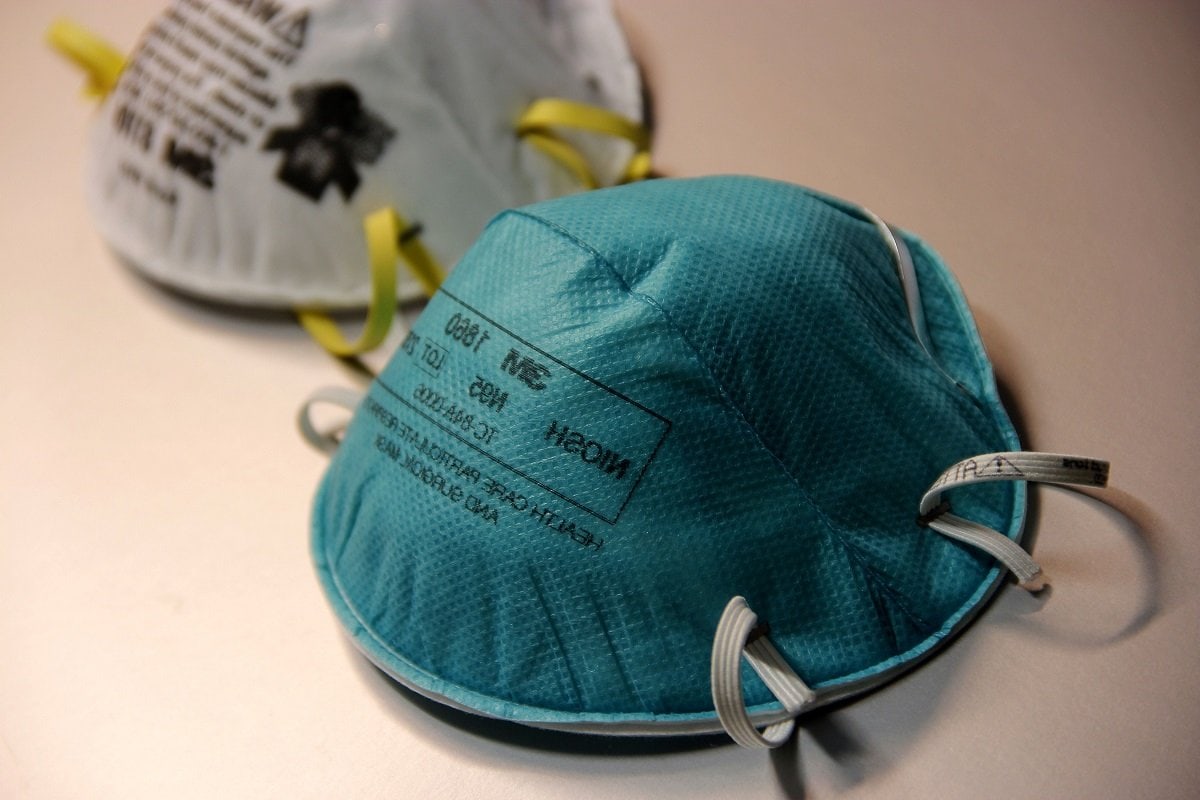As Cato has long pointed out, the law takes a paradoxical stance toward so‐called “off‐label” use of drugs approved for use by the Food and Drug Administration (FDA). On the one hand, it’s completely lawful for physicians to prescribe approved drugs for other than the FDA‐approved uses, and such uses are vital in everyday practice. Indeed, off‐label compounds often constitute a “gold standard” of care in chemotherapy cancer treatments and other fields of medicine. On the other hand, the agency strictly prohibits makers of the compounds from promoting such use, even when the result, as Christina Sandefur argued in Regulation in 2017, is to bar manufacturers from uttering information that may be truthful, in no way exaggerated or misleading, and critically important to patient welfare.
This latter prohibition is in tension with Supreme Court holdings on the First Amendment’s application to commercial speech. In the 2012 case of U.S. v. Caronia, a Second Circuit panel concluded “that the government cannot prosecute pharmaceutical manufacturers and their representatives under the FDCA for speech promoting the lawful, off‐label use of an FDA‐approved drug.” But other circuits have taken a different view, and the FDA itself dodged the ruling’s impact by deciding to treat truthful promotion as evidence of a different statutory offense, “misbranding.”
Now a case before the First Circuit, U.S. v. Facteau, is raising some of the same issues once again. To quote the Washington Legal Foundation, defendant executives Bill Facteau and Patrick Fabian “were convicted of misdemeanor adulteration and misbranding under the FDCA for distributing a medical device for an ‘off‐label’ use. At trial, however, the jury found that no defendant made false or misleading statements, nor had any intent to defraud or mislead, and so acquitted on all charges requiring mens rea.” WLF has filed an amicus brief urging the circuit panel to find the agency’s application of the misbranding and adulteration rules to truthful, non‐misleading speech a First Amendment violation under strict or even intermediate scrutiny.
An interesting sidelight: in the case under appeal, U.S. District Judge Allison D. Burroughs, while ultimately rejecting the defendants’ arguments for acquittal, raised the question of whether Congress even intended to use the misbranding and adulteration statutes to criminalize truthful statements. “Where a conviction can result in exclusion from healthcare programs, likely a death knell for any company, it is also important for the regulatory and law enforcement regime to clearly spell out what is and is not prohibited conduct.”
Off‐label compounds that have been widely reported helpful in treating at least some stages of COVID-19 disease include monoclonal antibodies, dexamethasone, and remdesivir.
Walter Olson is a senior fellow at the Cato Institute’s Robert A. Levy Center for Constitutional Studies and is known for his writing on law, public policy, and regulation.

